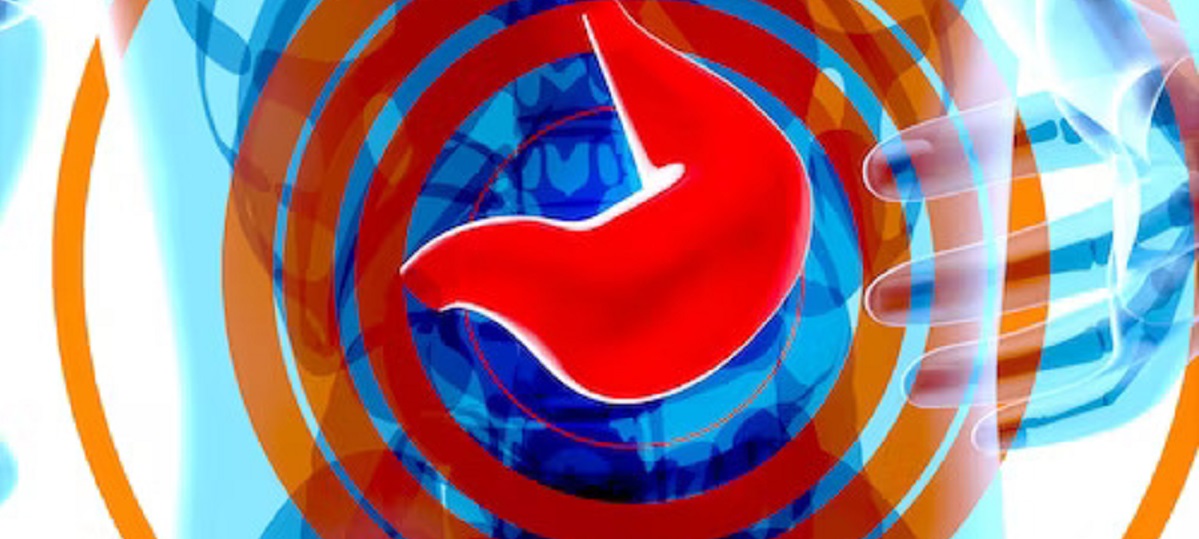Kidney stones are solid deposits of minerals and salts that occur in the kidneys. They range in size from small grains to big, jagged stones. These stones can form as a result of a number of reasons, including dehydration, an unbalanced diet, certain medical disorders, and hereditary predispositions. Calcium stones, uric acid stones, struvite stones, and cystine stones are the most prevalent forms of kidney stones.
Symptoms of Kidney Stones
Detecting kidney stones early is crucial for prompt and appropriate treatment. The symptoms of kidney stones can manifest differently in individuals, but the most common indicators include:
- Intense Pain: The hallmark symptom of kidney stones is severe pain, typically felt in the back, side, abdomen, or groin. The pain may fluctuate in intensity and may come in waves.
- Urinary Changes: Changes in the frequency and color of urine can be observed. Hematuria, which is blood in the urine, may also be present.
- Nausea and Vomiting: Some individuals may experience nausea and vomiting, often caused by the pain or an underlying obstruction.
- Urinary Tract Infections (UTIs): Recurring UTIs may be linked to kidney stones, as they can create a favorable environment for bacterial growth.
- Urinary Blockage: In severe cases, kidney stones can obstruct the flow of urine, leading to urinary retention, a potentially dangerous condition requiring immediate medical attention.
Factors Influencing Passage Time
The time it takes for a kidney stone to pass through the urinary tract can vary widely, depending on several factors:
- Size of the Stone: Generally, smaller stones have a higher chance of passing more quickly than larger ones.
- Location of the Stone: The stone’s location within the urinary tract can significantly impact the passage time. Stones closer to the bladder may pass more rapidly.
- Hydration Levels: Adequate hydration is essential for kidney stone passage. Increased water intake can help flush out smaller stones more effectively.
- Physical Activity: Engaging in physical activities, such as walking or light exercise, may aid in the stone’s movement through the urinary system.
- Medical Interventions: Sometimes, medical interventions, such as lithotripsy (shock wave therapy) or surgical procedures, may be necessary to remove larger or stubborn stones.
The Kidney Stone Passage Timeline
While we cannot provide an exact timeframe for every case, we can offer a general timeline based on research and medical expertise:
- Initial Onset: When a kidney stone starts to move within the urinary tract, you may experience the onset of pain and discomfort.
- First 24-48 Hours: During this period, the stone may begin its journey through the ureters, causing intense pain.
- 48 Hours – 1 Week: For smaller stones, the passage process may take anywhere from 48 hours to one week. Adequate hydration is critical during this phase to encourage passage.
- 1 Week – 4 Weeks: For larger stones, the journey may extend to a few weeks. Medical interventions may be considered if the stone does not pass naturally.
- Over 4 Weeks: In rare cases, certain large stones may take longer than four weeks to pass. Medical intervention is often required for these instances.
Coping Strategies During Kidney Stone Passage
While waiting for the kidney stone to pass, you can employ several coping strategies to alleviate discomfort and promote a smoother process:
- Stay Hydrated: Drink plenty of water to facilitate the passage of the stone through the urinary system.
- Pain Management: Over-the-counter pain relievers, as prescribed by your healthcare provider, can help manage pain during the stone’s passage.
- Hot Compress: Applying a hot compress to the affected area can offer relief from pain and muscle spasms.
- Fluid Intake Monitoring: Keep track of your fluid intake to ensure you are drinking enough water throughout the day.
- Avoid Trigger Foods: Identify and avoid foods that may contribute to the formation of kidney stones, such as oxalate-rich foods and excessive sodium.
When to Seek Medical Attention
While kidney stones often pass naturally, certain situations warrant immediate medical attention:
- Intractable Pain: If the pain becomes unbearable or does not subside with over-the-counter medication, seek medical help.
- Signs of Infection: If you experience fever, chills, or notice blood in your urine, it may indicate an infection, and medical attention is essential.
- Urinary Blockage: Inability to urinate or an extremely reduced urine output requires immediate medical intervention.
- Recurrent Stones: If you have a history of recurrent kidney stones, consult with a healthcare professional to explore prevention strategies.
In conclusion, the duration for a kidney stone to pass varies from individual to individual, with factors like stone size, location, hydration, and medical intervention influencing the timeline. Remember to seek personalized advice and treatment choices from your healthcare practitioner.
